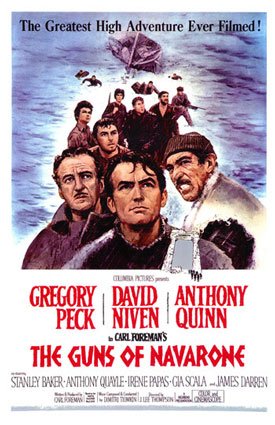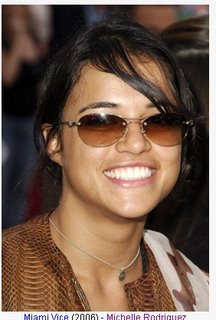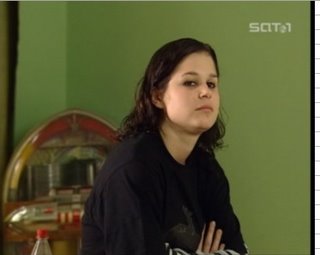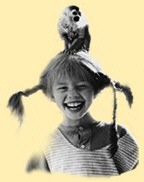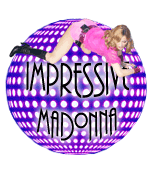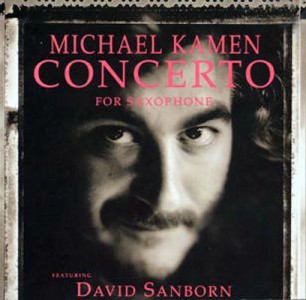
[Titles with "LP" in brackets have not been released on CD so far]
Compared to Williams, Goldsmith and Horner Schifrin's recorded film music canon is actually rather small. If you want to have everything (even five scores as original and new recording), you need a mere 52 records, which cover a time span of 41 productive years. In this article only long-playing records are mentioned.
His published film music started with the French drama
Joy House in 1964 (issued last year on Schifrin's record label "Aleph"), which he recorded in France. By then Schifrin already played jazz for about a dozen years, since 1960 mostly together with Dizzy Gillespie (most important being "Gillespiana" and "The New Continent" [LP]). At the beginning of the 60ies he was establishing himself as a composer in Hollywood, and later in 1964 he wrote the score for the surfer movie
Gone With the Wave (recently issued on a Film Score Monthly CD). In the following years, one great release followed another, starting with
Cincinnati Kid (1965),
Once a Thief and Other Themes [LP],
The Liquidator [LP],
Murderer's Row [LP],
Mission Impossible (1967, jazzy arrangements),
More Mission: Impossible (1968, jazzy arrangements),
Mission: Impossible - Then and Now (OST),
Cool Hand Luke (Aleph),
The Fox,
Sol Madrid [LP],
Mannix (jazzy arrangements) [LP],
Bullitt and
Che ! (also on Aleph). All of them (except "The Fox" and the OST of "Mission: Impossible) are heavily jazz-influenced, so be prepared. Outside the film music community Schifrin is liked most for these records, but the score aficionados prefer his output of the 70ies. Be aware that the LP for "The Rise and Fall of the Third Reich" [LP] (1968) is a classical cantata based on the TV score, therefore no real film music record. If you're fond of the two newly arranged "Mission: Impossible" records, the jazz LP "There's a Whole Lalo Schifrin Goin' On" is highly recommended , it's in the same style.
The 70ies started with
Kelly's Heroes (get the expanded FSM release), the both electronic/experimental
THX 1138 (also on FSM) and
The Hellstrom Chronicle (Aleph) and continued with nine classics:
Dirty Harry (Aleph),
Harry in Your Pocket (bootleg available),
Magnum Force (Aleph),
Enter the Dragon (one of his finest scores, get the limited expanded release with the complete score),
The Planet of the Apes (TV, also on FSM),
The Four Musketeers/The Eagle Has Landed/The Voyage of the Damned (all three on one CD, however, the second half of "Voyage" of the original LP is on the CD
Continum Journeys Voyage together with two classical compositions) and
Rollercoaster (now available on Aleph). While the two experimental scores may not be for everyone's taste and "Four/Eagle/Voyage" is fine dramatic film music, all others feature great action music which is heavily influenced by the era's funk style. The decade ended with
Nunzio [LP] (forgotten, but fantastic - it definitely has one of Schifrin's finest action themes: "Superspeed"),
Boulevard Nights (disco style) [LP],
Escape to Athena [LP] (a great score with some Greek influences) and
The Amityville Horror (by now a classic horror film score). Two jazz/funk records are also highly recommended: "Black Widow" (1976) and "Towering Toccata" (1977, featuring also some of his film music).
Up to this time Schifrin was as much respected as Goldsmith and John Williams (who got his real breakthrough with "Jaws" in 1975), but probably due to the success of the movies he scored in the 80ies his "film music" star began to sink. The scores for
Brubaker (fine prison melodrama),
The Competition (romantic piano score),
Battle Creek Brawl [LP] (2nd class wanna-be follow-up to "Enter the Dragon"),
Caveman (Ringo Starr stone age comedy),
La pelle (drama, recently reissued),
The Sting II [LP] (mostly ragtime compositions by Joplin and Chauvin) and
The Osterman Weekend (Aleph, Sam Peckinpah's final movie, a psychological thriller) feature a diversity of styles, which -while composed competent- do not have the stringent stylistic touch Schifrin had in the 60ies and 70ies. However, the main theme of "Caveman" is one of his finest compositions ever. For
A.D. - Anno Domini (1984) he went monumental, a style one wouldn't expect from him, and it worked out quite good. The 80ies close with
The Fourth Protocol (a good thriller score),
Berlin Blues (has lots of Julia Migenes vocals) and
Don Quixote (1989, again a fine big orchestral score).
Concerning his film music work, there is now a big gap. Up to 1997, movie commitments were very few and far between, which is for three new fields of activity on which Schifrin concentrated his work. He started his "Jazz Meets the Symphony" series (which so far has six CD volumes, all on Aleph) and toured a lot with these programs, he recorded several samplers with film music by other composers and also some classical music and he arranged several medleys for the Three Tenors. Therefore it needed eight years for a new soundtrack record to appear:
Tango, a great score which has the fine ballet sequence "La represion" and four tangos by him. The same year the romantic
Something to Believe In followed (later published on Aleph), which contained a complete piano concerto. Also in 1997 upcoming director Brett Ratner manged to hire his music idol Schifrin for "Money Talks" (no release available), and the next year their 2nd collaboration
Rush Hour got a CD release on Schifrin's newly-founded CD label Aleph.
He started this record company to release the variety of music he composed since the 50ies and up to day he produced 37 CDs of jazz, film music and classical compositions. As sometimes problems occured to get the rights to release the original recordings (unbelievable, as Schifrin composed the music he wanted to licence !) he just made new recordings of a handful, all of them issues on Aleph:
Mannix,
The Fox ( both 1999),
Bullitt (2000),
The Cincinnati Kid and
The Amityville Horror (both 2002). In between we had
Rush Hour 2 (Varese, 2001, again a fine action score), and his newest scores in the third millennium are
After the Sunset (a melodrama available as Oscar promo and bootleg) and
Abominable (Aleph, a yeti horror film directed by his son Ryan).
If we consider that as much as 10 out of this 52 releases are still only available as their original LP incarnation and that there are at least 50 complete film scores by Schifrin which haven't seen any release at all (among them such classics as "Coogan's Bluff", "The Beguiled", "Joe Kidd", "Charley Varrick", "Telefone" and "Tank"), let's hope that either the record industry gets interested in fine music or that fans will dig out tapes somewhere. Anyway, beside the other giants of film music there's a lot of Lalo Schifrin film music which is worthy to be discovered.



